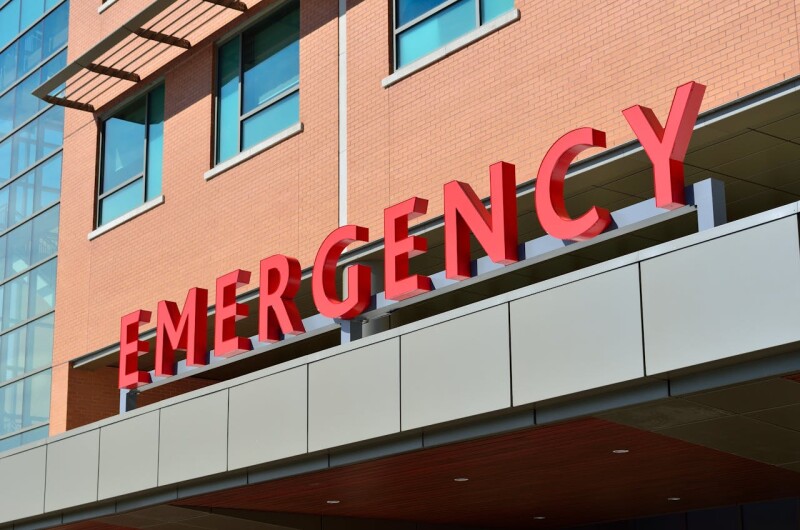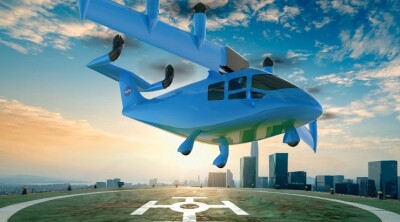Uncrewed aerial vehicles have added speed, safety, and cost-effectiveness to a variety of healthcare operations around the world.  For example, companies like Zipline, Skyports, Wingcopter, and Swoop Aero have successfully flown millions of miles to bring drugs and medical supplies to people in need across the globe, and healthcare organizations like Mass General Brigham, Labor Berlin, Acadian Ambulance, and many more have partnered with drone companies to develop new ways to serve their patients and communities.
For example, companies like Zipline, Skyports, Wingcopter, and Swoop Aero have successfully flown millions of miles to bring drugs and medical supplies to people in need across the globe, and healthcare organizations like Mass General Brigham, Labor Berlin, Acadian Ambulance, and many more have partnered with drone companies to develop new ways to serve their patients and communities.
Here’s a round-up of some recent articles highlighting the innovative ways uncrewed systems are being used in the healthcare industry:
Amazon Starts Same-Day Pharmacy Delivery in New York and Los Angeles
Drug Store News reports that “Amazon Pharmacy has launched same-day delivery of prescription medication in New York City and the greater L.A. area, with plans to expand the service to more than a dozen U.S. cities by the end of the year.” For these operations, Amazon Pharmacy will use “new small-format facilities, stocked with the most common prescription medications for acute conditions, to get medications closer to where customers live.” This way, “the pharmacist and fulfillment team at the site can process a prescription within a matter of minutes rather than hours or days.”
Drones Drop Sterilized Mosquitos to Curb Dengue Fever in Brazil
The Aedes aegypti mosquito-borne disease dengue fever has infected more than 1 million Brazilians this year, and, according to an NRP report, health officials are looking to combat the outbreak by releasing sterilized male mosquitos (mosquitos that can’t fertilize eggs) into Aedes aegypti breeding grounds. But traveling to these grounds on foot or by car to release the sterilized males could put workers at risk, so Brazilian officials are using drones. The startup company Birdview is now flying “drones equipped with insect cassettes into hard-to-reach corners of narrow city neighborhoods.” NRP reports that these cassettes have “a film-covered bottom that slowly opens to release the sterile males” and “can carry up to 17,000 of them per 10-minute flight that covers roughly 25 acres.”
Tissue Sample Transported in Record Time by Drone in India
Because getting medicine, blood, or tissue delivered quickly to a hospital can be the difference between life and death, many healthcare organizations have deployed drones to cut travel times. An example of how quickly drones can transport critical supplies was reported this past week in the Times of India. The report explained how the Indian Council of Medical Research (ICMR) transported a tissue sample by drone “mid-surgery from a peripheral hospital in Karnataka for advanced pathological testing at a tertiary setting for deciding if the resected tissue was cancerous.” According to the report, the drone traveled approximately 37 km from hospital to hospital in 15 – 20 minutes—a journey that takes between 50 – 60 minutes by road.
Defibrillator Delivery by Drone Tested in Wales
According to the BBC, test flights have been completed in Wales to determine the viability of delivery defibrillators by drone. The Drone-Delivered Defibrillators study, which involves the Welsh Ambulance Service, the University of Warwick, and SkyBound, seeks to “understand how quickly a defibrillator could be deployed” following an emergency call. As the project moves forward, cardiac arrest patients will be interviewed “to understand how a defibrillator delivered by drone could have been useful,” and BVLOS flights will be “conducted to test how communication between a 999 control room and a drone operation team could work during a cardiac arrest call.”















Comments